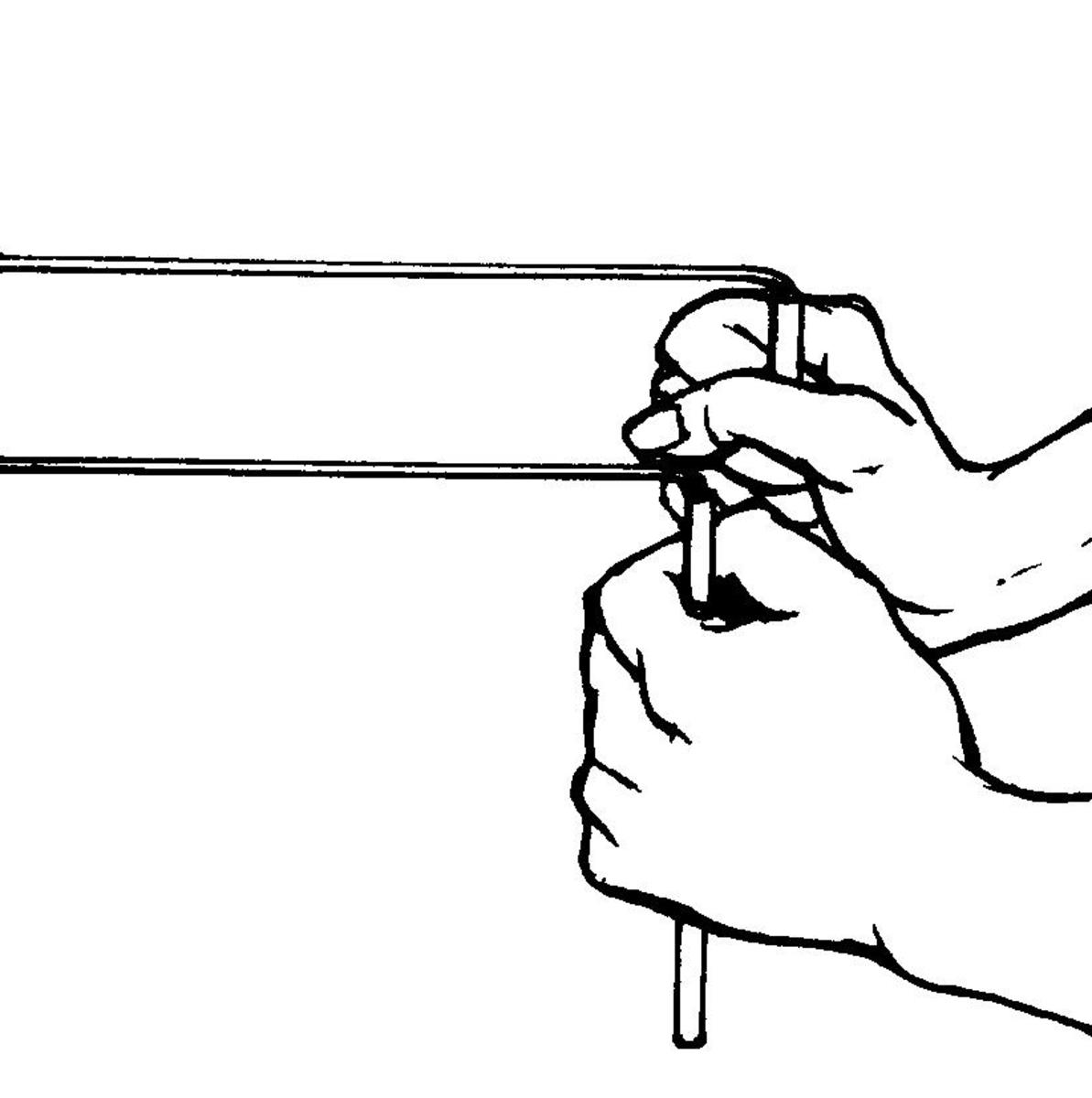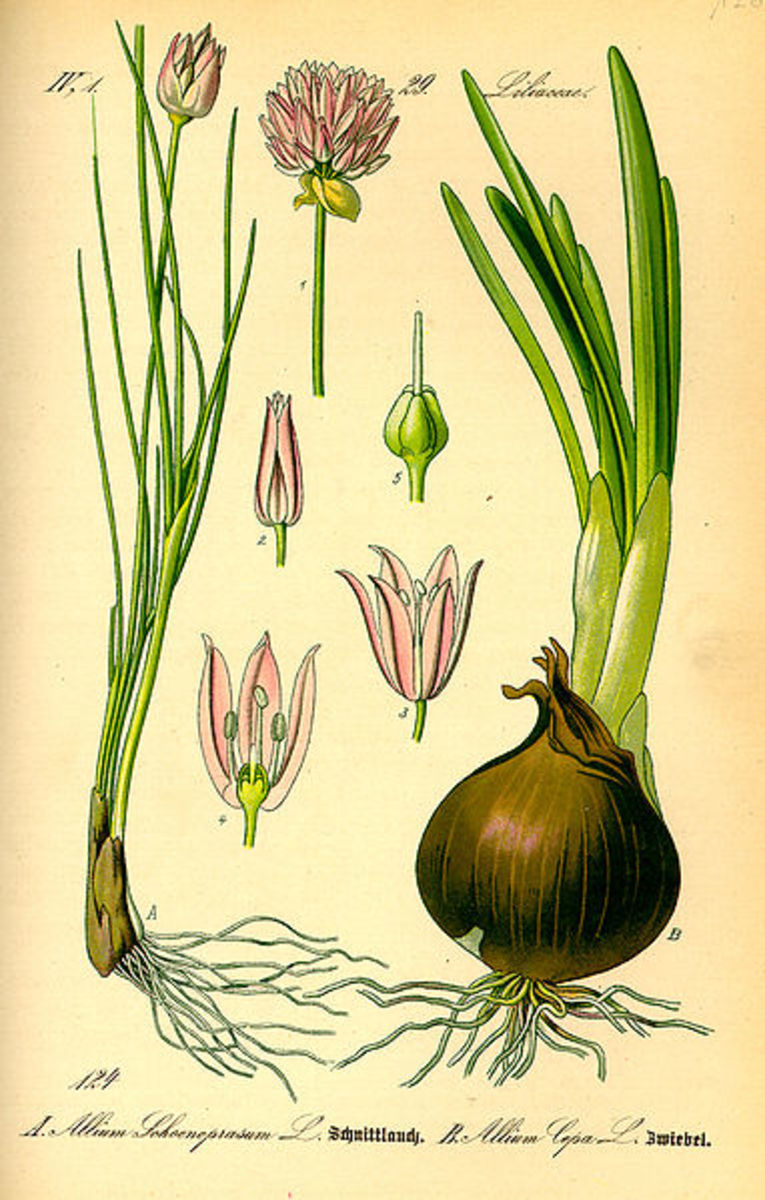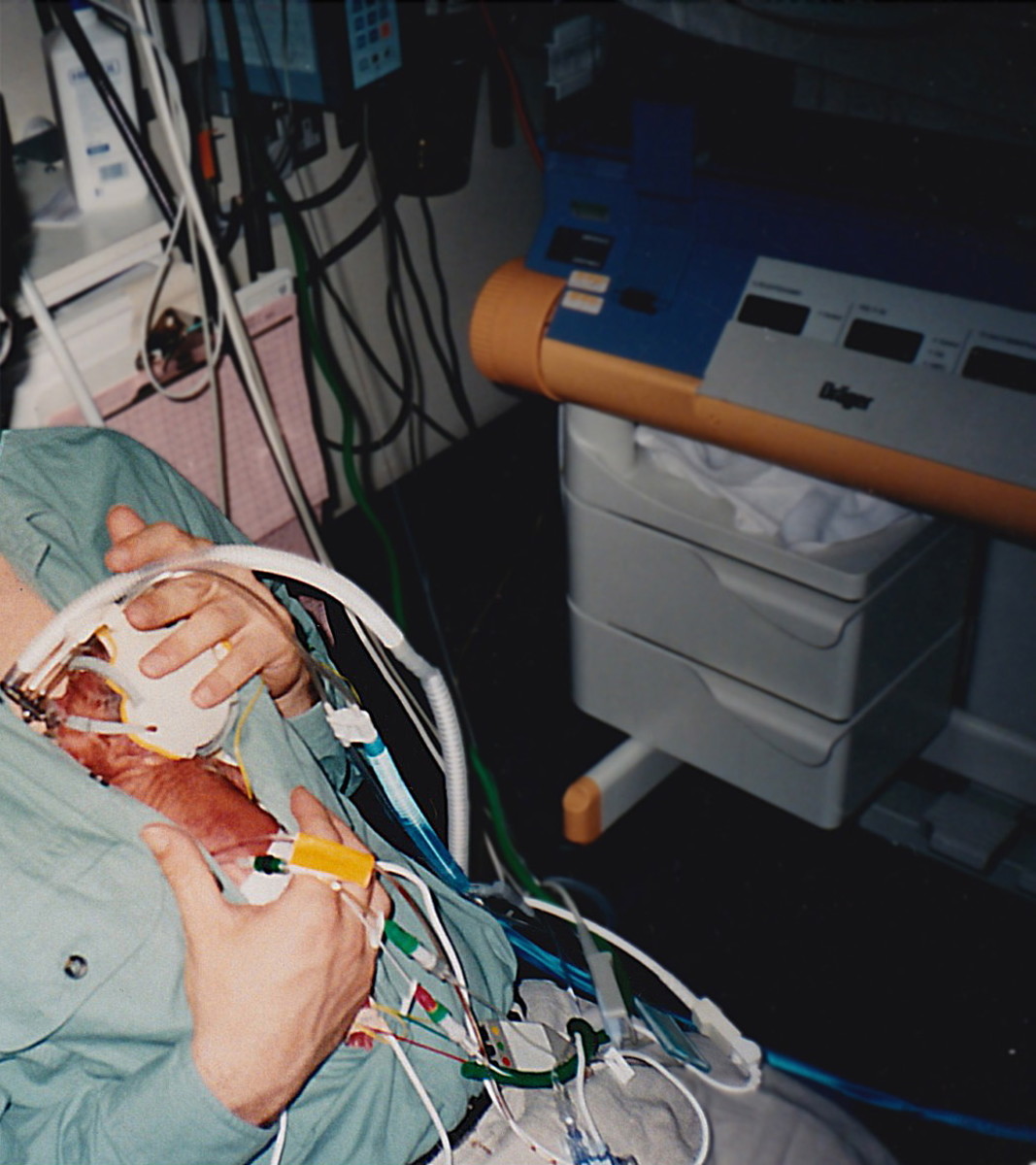The remarkable health benefits of belly breathing

Breathing - one of life's most important activities yet something few of us think about. Fortunately, medical experts, alternative healers and even the US Military have been focusing a lot of attention on the health benefits of proper breathing techniques.
Mental health counselors recognize the ability of controlled breathing to:
- reduce stress and anger
- improve relaxation
- help us overcome fears
- assist those with PTSD (Post Tramatic Stress Disorder)
- and even control the nausea associated with motion sickness.
Doctors know that, as we we get older, our lungs loose elasticity and tissue, muscles and bones change and we have a tendency to breathe less deeply. This opens us up to pneumonia and other lung infections. And even in younger adults, shallow breathing can result in:
- decreased energy level
- a loss of mental focus
- poor digestion
- unrefreshing sleep
- increased blood pressure levels
- and lowering of natural endorphins (feel good hormones)
It turns out the most efficient transfer of oxygen takes place in the lower lungs.
While there are subtle differences in the various different controlled breathing techniques, most center around the fact that shallow breathing (merely expanding our rib cage when we breathe) draws in less oxygen, forces our heart to work harder and actually mimics the body's stressful "fight or flight" response.
Deep breathing (also called belly breathing) involves inhaling slowly and steadily through your nose (approximately 5 seconds), allowing your abdomen to expand and fill with air before filling the upper lungs in the chest. Hold the breath for a few seconds; then slowly exhale through puckered lips (another 5 seconds or so). To increase the calming effect, you may imagine that you are breathing in fresh ocean air or the fragrance of a forest or flower. Another tip is to think of your belly as a balloon that you're inflating.
Repeating this slow, steady, deep breathing for several minutes signals the body to relax. And if you practice it often enough, belly breathing becomes automatic. (Please be careful with this exercise if you have a tendency to hyperventilate.)
It turns out that babies naturally breathe this way! It's only when we become older, more stressed out and accept the notion that a tight, sucked-in stomach is sexy or macho, that most of us become shallow chest breathers.
A fun test... The normal breathing rate for a health adult is 8 to 16 breaths per minute. Without them knowing, observe friends or family members and count their breaths to see if they are deep, belly breathers or shallow, chest breathers.
To see what type of a breather you are, place one hand on your chest and the other on your abdomen (just above your waistline). Now breathe normally. The hand that moved most indicates whether you are a chest breather or a belly breather.
Finally, if you're not certain what we mean by "belly breathing?" Try this: Fully exhale once or twice. The resulting breath will naturally be deeper to fill the vacuum in your abdomen.
For information on the benefits of correct breathing, we've found these sites helpful:
http://www.nlm.nih.gov/medlineplus/ency/article/004011.htm
http://www.warrelatedillness.va.gov/education/factsheets/controlled-breathing-techniques.pdf
http://www.ncbi.nlm.nih.gov/pubmed/14503682
http://aircaremd.com/index.php?tag=respiratoryhome
http://www.umm.edu/ency/article/007198.htm
http://en.wikipedia.org/wiki/Diaphragmatic_breathing
http://www.medicinenet.com/script/main/art.asp?articlekey=46922
http://www.holisticonline.com/yoga/hol_yoga_breathing_importance.htm
http://www.healthcentral.com/chronic-pain/coping-162182-5.html
http://www.faa.gov/about/office_org/headquarters_offices/arc/programs/academy/cmel/student_resources/Health/HA_info/stress.pdf
http://community.seattletimes.nwsource.com/archive/?date=20000510&slug=4020263
http://www.foh.dhhs.gov/whatwedo/wellness/wfnewsletters/April2006.pdf
http://www.nmcphc.med.navy.mil/downloads/stress/stress.pdf
Did you know that there are health benefits to being a nice person? Science magazine reported that one predictor of greater happiness is how generous you are to others! Visit MauiHealth.com for more information on the health benefits of being nice.
Having a hard time losing weight? Are you under a lot of stress? The two issues may be related more that you realize. For information on the relationship between stress and weight gain, check out NewEnglandHealth.com








